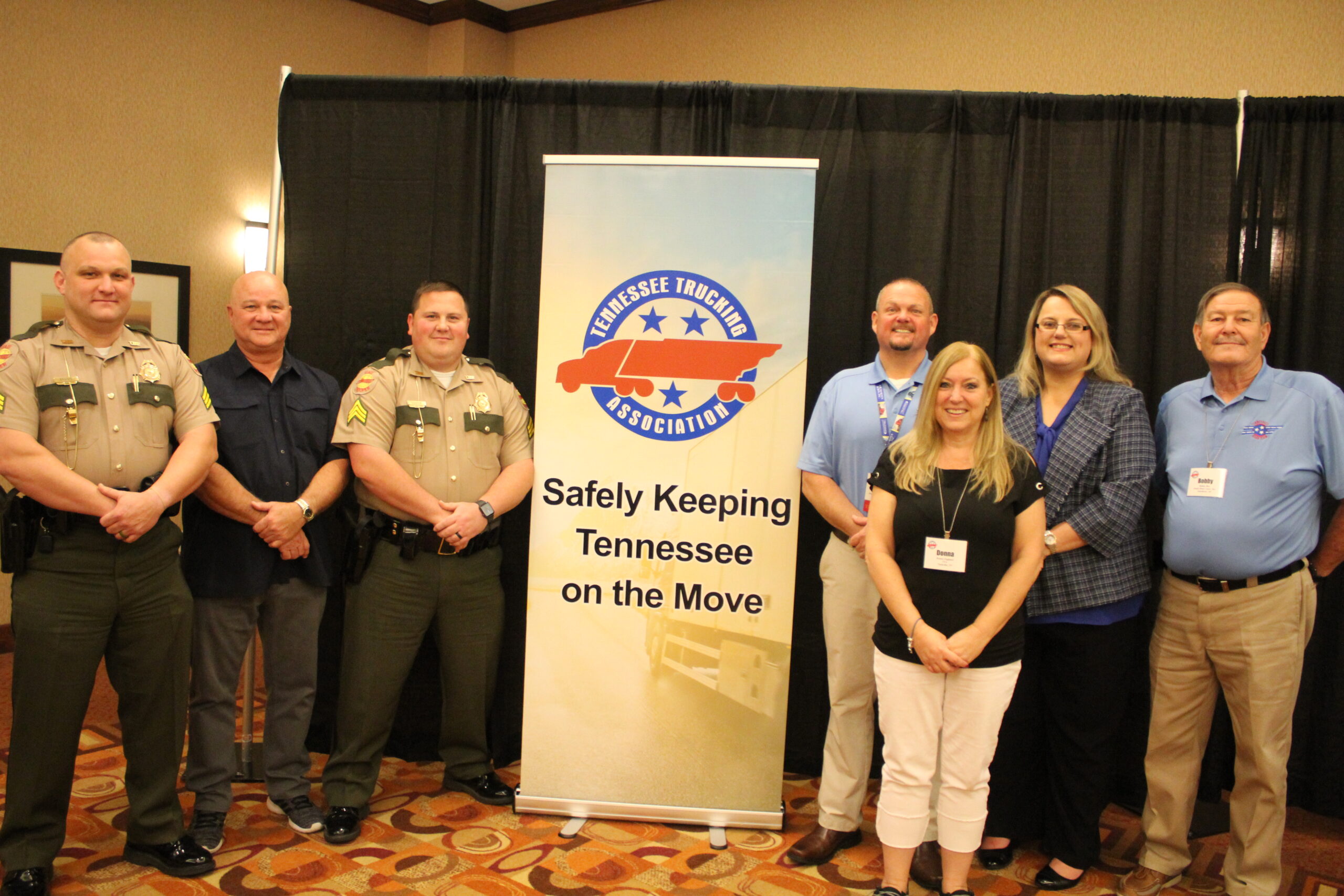|
Nashville, TN – The American Transportation Research Institute (ATRI) released foundational new research that statistically corroborates that motor carriers who are active in state and national membership associations are safer than both former association members and carriers who have never been association members.
It has always been anecdotally assumed that association membership supports safety through a variety of association services and resources, but the necessary industry safety data and methodology had never before been assessed. This new empirical research processed public safety data from the Motor Carrier Management Information System (MCMIS) through a series of statistical tools to confirm the relationship between association membership and safety performance.
More specifically, the research compared motor carrier MCMIS crash and violation data for trucking fleets that held a membership status of either Current, Former or Never members. Carrier status data came from a geographically representative sample of state trucking associations as well as from the American Trucking Associations.
The Welch’s Two-Sample T-Test outputs confirm that among the three carrier groups, Current members have fewer overall crashes and violations than Former members, who also had fewer crashes and violations than Never members. Almost all results were significant at the 95 percent or 99 percent confidence levels. Due to the rarity of fatal truck crashes among all carriers, this specific crash type was not significant for either state or national membership.
“All safety stakeholders in the trucking industry are looking for strategies and solutions for improving large-truck safety,” noted Dr. Brenda Lantz, Associate Director of the Upper Great Plains Transportation Institute. “This new ATRI research confirms that association membership is another important and proven safety tool for trucking companies.”
The ATRI association safety research also provides some guidance on how the findings might be applicable to commercial transportation insurers, enforcement agencies and academic researchers.
A copy of the full report is available through ATRI’s website here.

|

